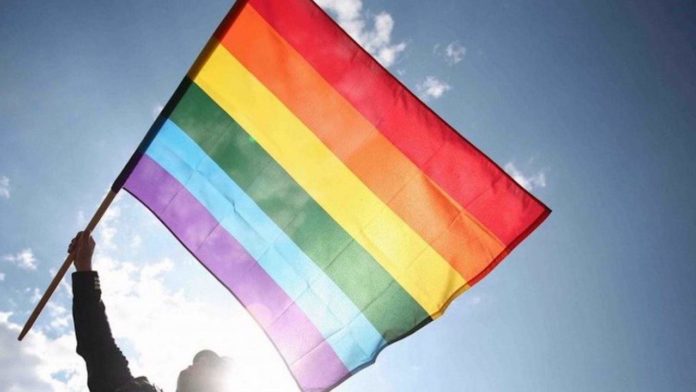The Daily Briefs are a comprehensive update of current affairs for the day. If you’d like to receive updates for current affairs every day, you’ll need to subscribe by entering your email address at the right side of this page. The previous Briefs can be accessed at the archives here.
- American security and aerospace giant Lockheed Martin and Tata Advanced Systems Limited (TASL) have entered into an agreement to manufacture wings of its F-16 fighter jets in India. Producing F-16 wings in India will support Central Government’s flagship ‘Make in India’ programme. Lockheed Martin and TASL joint venture is bidding for contract to supply Indian air force (IAF) with 114 combat planes which must be all manufactured locally under Make in India programme. Lockheed has offered to move its entire F-16 manufacturing base to India.
- At least 34% of India’s population is insufficiently active, according to recent study published in Lancet Global Health journal. The levels of insufficient activity were higher among women at 48%, while prevalence was 22% among men. The study was undertaken by researchers from World Health Organisation (WHO). It was based on self-reported activity levels, including activity at work and at home, for transport, and during leisure time in adults aged 18 years older from 358 population-based surveys in 168 countries.
- Union Ministry of Water Resources, River Development & Ganga Rejuvenation has prepared draft Bill which proposes setting up armed Ganga Protection Corps (GPC) to arrest any person who has committed offence of polluting River Ganga punishable under this law. The Bill calls for National Ganga Council and National Ganga Rejuvenation Authority to enforce law. Committee constituted under retired judge of Allahabad High Court Justice Girdhar Malviya in July 2016 had submitted draft Bill named The National River Ganga (Rejuvenation, Protection and Management) Bill, 2017.
- Japanese researchers from Shizuoka University will conduct world’s first experiment to test small prototype of space elevator in space by using two mini satellites. The test equipment will be launched by Japan’s space agency on board of H-2B rocket from southern island of Tanegashima.
- Malanad Malabar Cruise Tourism Project under Swadesh Darshan Scheme has been sanctioned by Ministry of Tourism for development of rural circuit in Kerala. Under this project, Ministry of Tourism will be developing three cruises with budget of Rs. 80.37 crores. Three approved cruise are Malabari Cuisine and Culinary Cruise (Muthappan Cruise), Valapattanam River- Theyyam Cruise and Mangrove Cruise.
- A Five Judge Constitution Bench of the Supreme Court on September 6, 2018 decriminalised Section 377 of the Indian Penal Code (IPC) by partially striking down some of its provisions. The bench comprising Chief Justice Dipak Misra; Justices R F Nariman, A M Khanwilkar, D Y Chandrachud and Indu Malhotra ruled that Section 377, to the extent it criminalises sexual acts between consenting adults, whether homosexual or hetrosexual, is unconstitutional. The judgement is based on the interpretation of Article 14 (Right to Equality); Article 15 (prohibition of discrimination on grounds of religion, race, caste, sex or place of birth); Article 19 (Freedom of Speech and Expression); and Article 21 (Right to Life and Right to Privacy) of the Indian Constitution.
- The Unique Identification Authority of India (UIDAI) on September 5, 2018 asserted that schools cannot refuse admission to students for lack of Aadhaar Card. The authority asserted that denial of admission on such grounds is “invalid” and is not permitted under the law. UIDAI was founded in 2009 under the United Progressive Alliance (UPA) regime with former Infosys CEO Nandan Nilekani as its chairman.
- India and the United States signed the Communications Compatibility and Security Agreement (COMCASA) during their first-ever ‘two plus two’ dialogue, which was held in New Delhi on September 6, 2018. The key agreement will open up the way for the sale of more sensitive US military equipment to India. It will help India obtain critical and encrypted defence technologies for the Indian defence platforms from the US.
- The Union Human Resource Development (HRD) Minister Prakash Javadekar decided to end the Programme for International Student Assessment (PISA) – a competency-based test-boycott. After India’s debut in PISA in 2009, India had decided to boycott PISA as the result placed India at 72nd position among 74 countries. Organisation for Economic Cooperation Development (OECD) introduced PISA in the year 2000.
Check out the CLATGyan Test Series 2019 : 30 Simulated Online Tests + Personal Mentor | Run entirely by the students of NALSAR University of Law.
Today’s Quiz
















